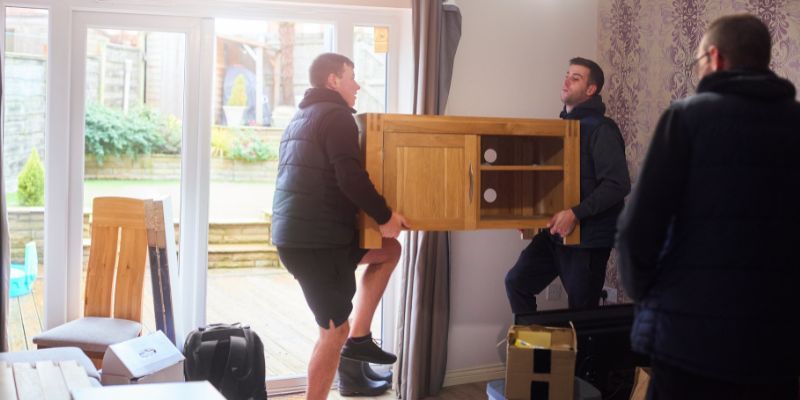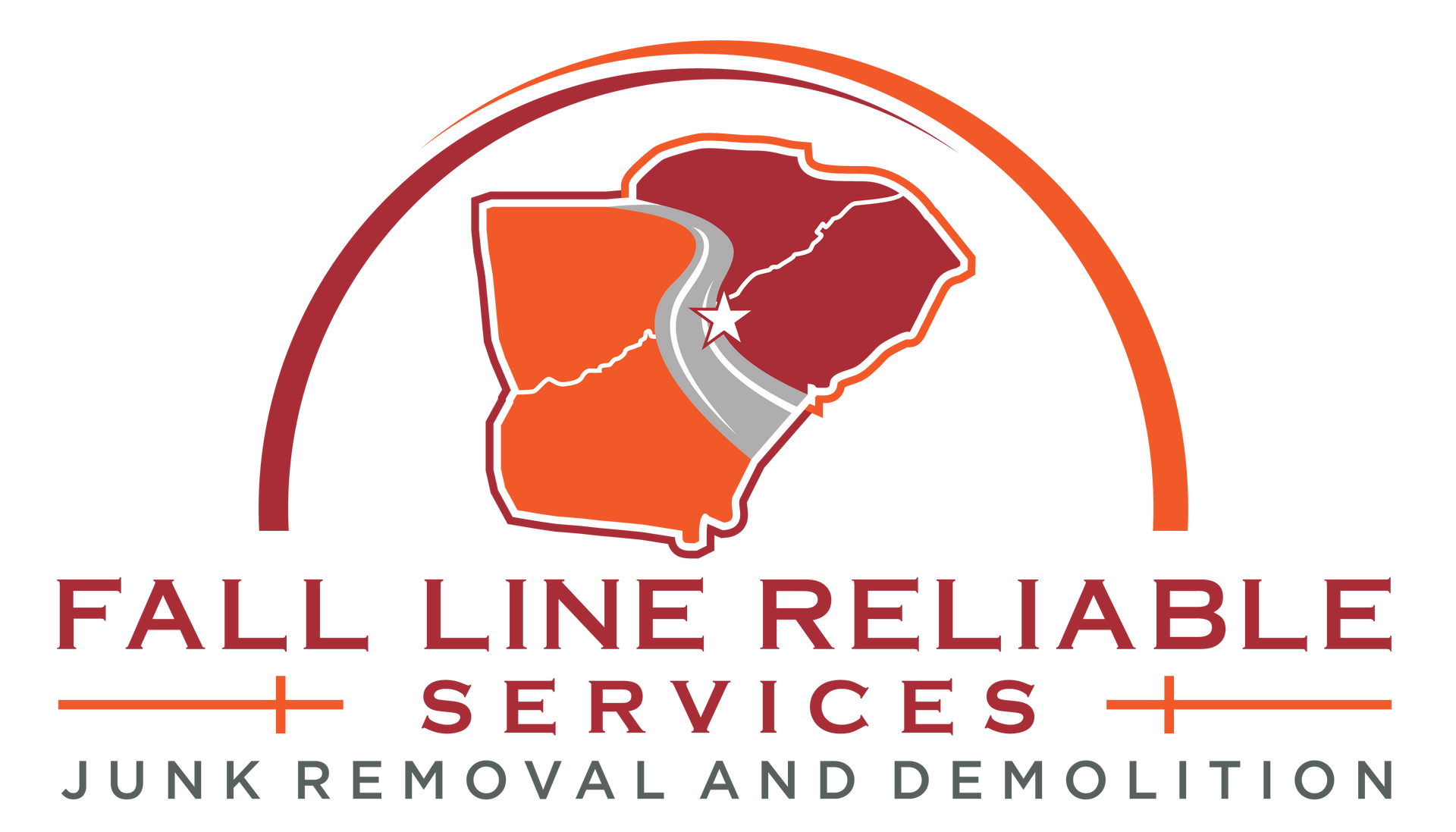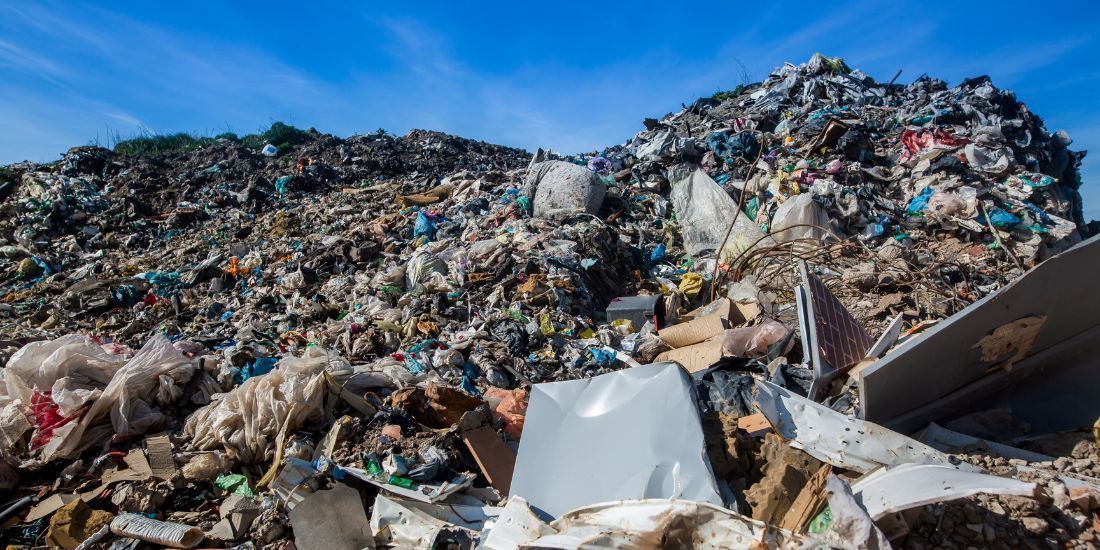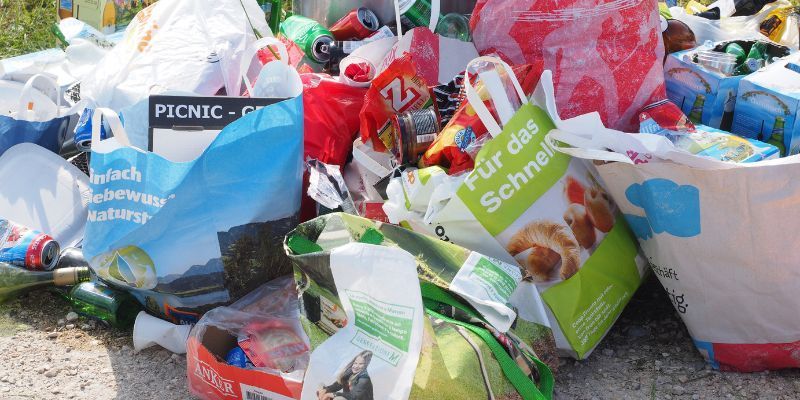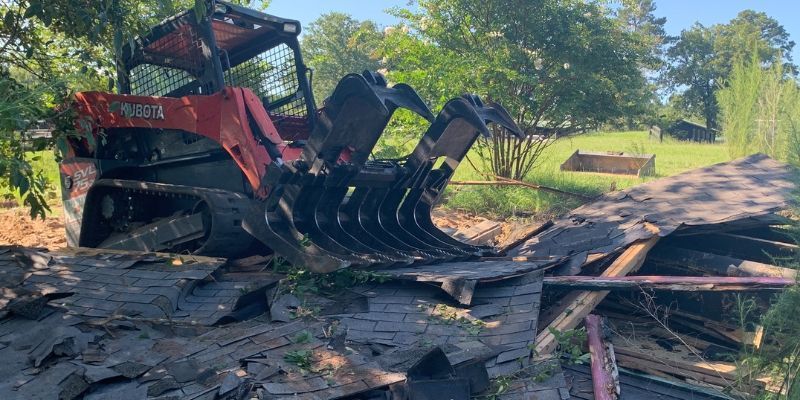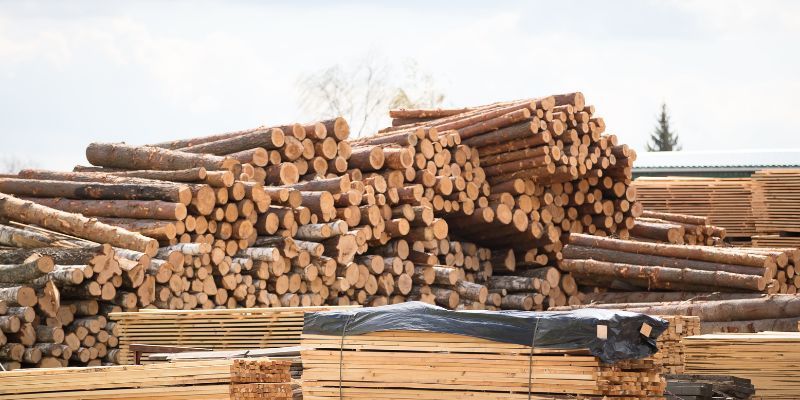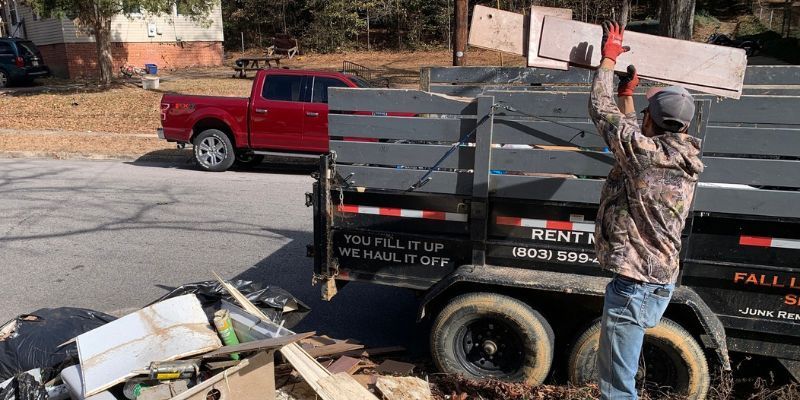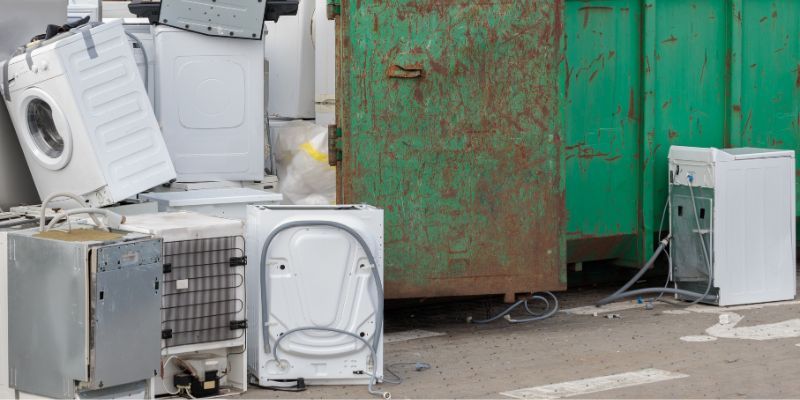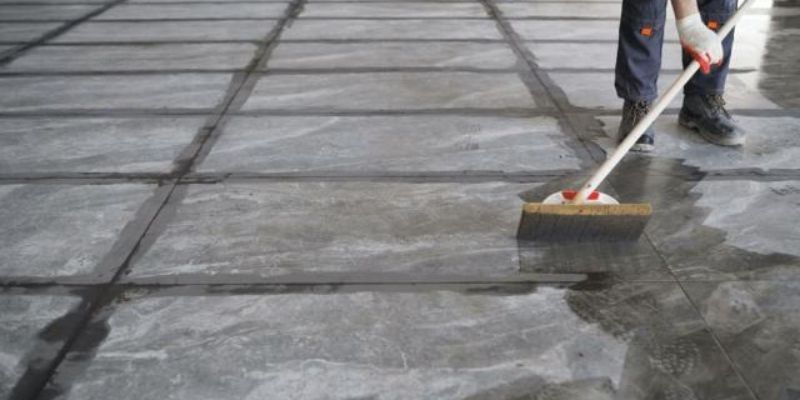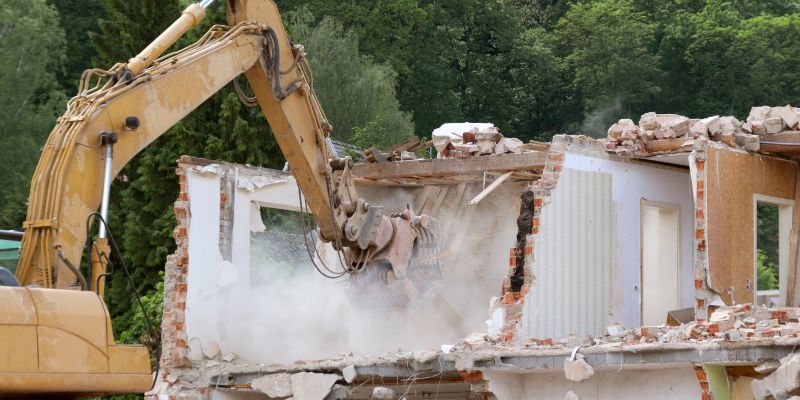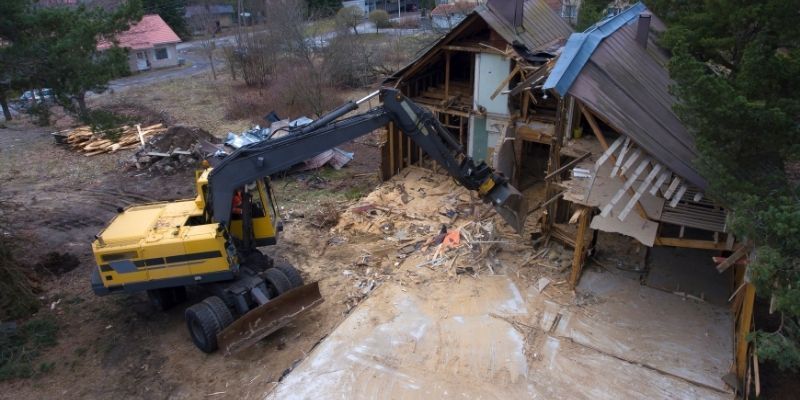Nuclear Waste Disposal Problems, Sources, And Solutions
Nuclear waste disposal is a major issue that must be addressed to ensure our environment's and future generations' safety.
With the increasing use of nuclear energy, there has been an increase in waste produced as well.
This waste can be dangerous if not properly disposed of, leading to costly clean-up operations and potential health risks for those living near it.
Furthermore, disposing of this waste requires careful consideration due to its hazardous nature and long-term nuclear effects on the environment.
In this article, we will explore the various Problems associated with nuclear waste disposal, from cost considerations to proper recycling techniques.
We'll also discuss how these issues can be managed effectively so that our planet remains safe for years to come.
What Is Nuclear Waste Disposal?
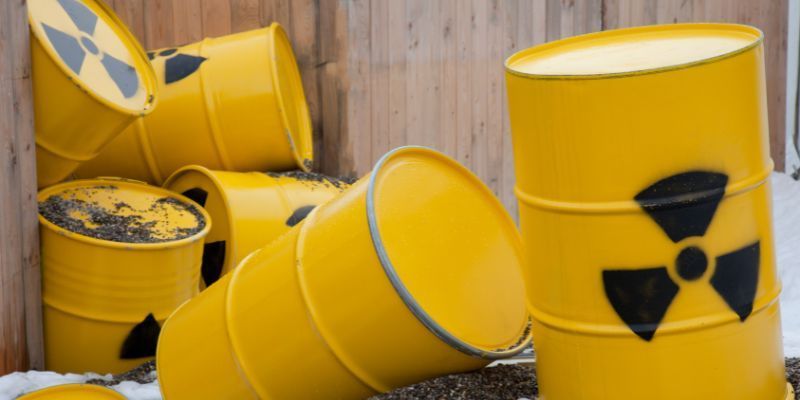
As the name suggests, Nuclear waste is the disposal of hazardous waste that contains toxic radioactive material. Nuclear waste is made up of radioactive atoms that are generated when large atoms split. The 3% of spent nuclear fuel consists of radioactive fission products.
Radioactive materials are exclusively used in many activities like nuclear medicines, nuclear research, nuclear power generation, agriculture, manufacturing, non-destructive testing, and nuclear weapons reprocessing.
Types And Sources Of Nuclear Waste
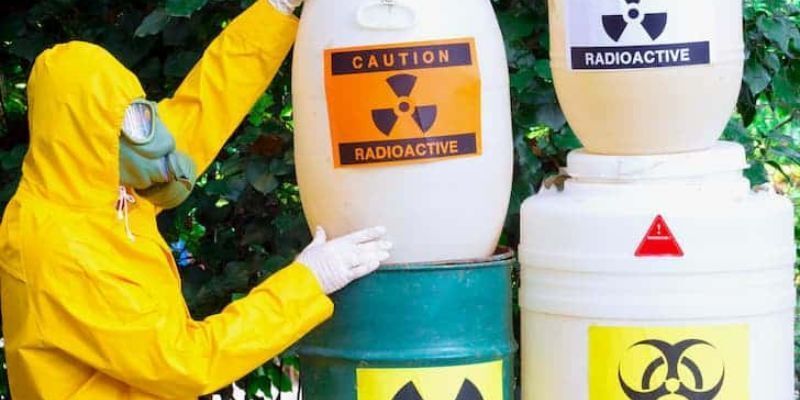
Following are the types of nuclear waste along with its sources:
- Low-level waste
- High-level waste
- Transuranic Nuclear Waste
- Intermediate nuclear waste
Low-Level Waste
Low-level waste is generally non-radioactive and includes items such as protective clothing, tools, and materials contaminated with radioactivity. This type of waste can usually be safely disposed of in landfills or other approved waste disposal sites.
High-Level Waste
High-level waste, on the other hand, is highly radioactive and generally hazardous for humans and includes spent fuel from nuclear reactors or waste generated during reprocessing operations. This type of waste must be stored in special containment facilities for long periods as it is not safe to dispose of in landfills or incinerate.
Transuranic Nuclear Waste
Transuranic nuclear waste is a man-made radioactive material. It is a waste that is generated by nuclear elements, and that are heavier than uranium.
The Transuranic nuclear waste includes material contaminated with radioactive elements like plutonium, neptunium, and americium, etc.
Intermediate Nuclear Waste
The intermediate Nuclear waste contains a high amount of radioactive materials, as compared to the low-level waste, this waste requires special shielding.
The sources of intermediate nuclear waste include items like clothing, paper, wood, plastic, contaminated tools, and instruments.
Dangers Mismanaging With Nuclear Waste Disposal
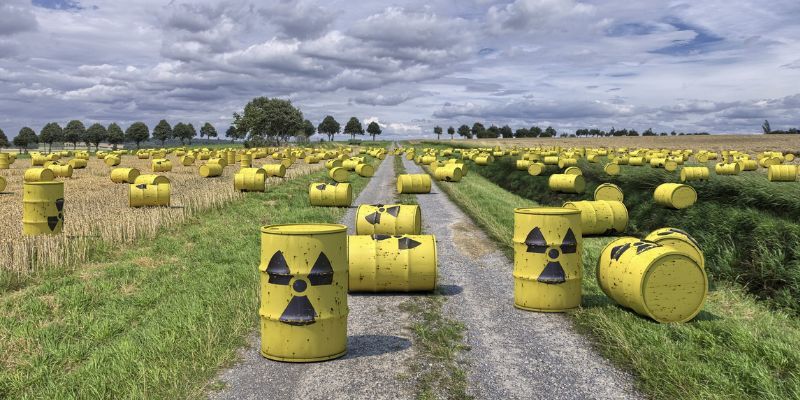
There are many problems associated with nuclear waste disposal. Here we discuss all the dangers of nuclear waste disposal:
1. Potential Danger
The most pressing concern regarding nuclear waste disposal sites is the potential danger if mismanaged. Nuclear waste contains radioactive materials which can be hazardous to humans and animals if not handled properly.
2. Health Effects
Radioactive materials are famous for their negative effect on human beings and the environment. The effect of nuclear waste on humans causes many severe health problems.
If these waste products are released into the environment, they can cause serious health issues due to radiation exposure.
The most common disease that arises due to radioactive pollution is skin cancer. Other diseases include anemia, leukemia, cardiovascular diseases, and many other diseases.
3. Storage Issues
Another main issue when dealing with the nuclear waste disposal is the storage issues.
Many different storage methods are discussed but few are implemented because of the problematic nature of the storage such as hazardous material that contains active radioactive material which remains active for thousands of years.
4. Effect On Nature
One of the main problems associated with the disposal of nuclear waste is the effect of hazardous materials that contain highly poisonous chemicals and could affect animals and plant life.
This radioactive material poses a threat to agricultural land and fish water sources. Improper waste disposal can harm millions of plants and animal species.
5. Soil Infertility
Improper disposal of radioactive waste can increase soil infertility and result in soil pollution.
The radioactive material present in the waste can mix with the components of the soil and make the soil highly toxic and infertile.
Solution To Handle Nuclear Waste Disposal
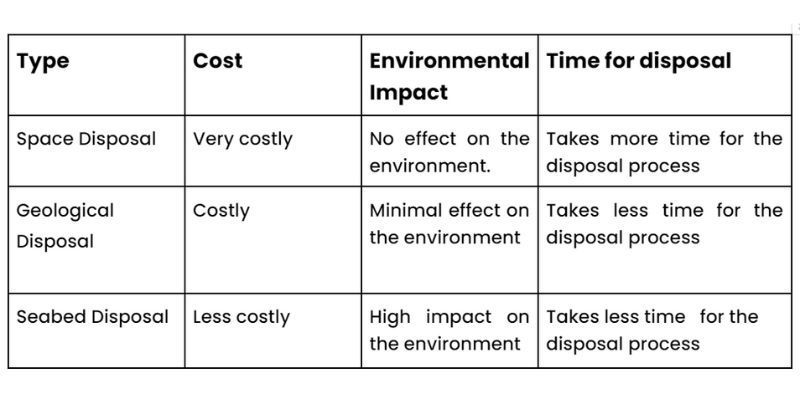
So this table shows that geological disposal is the best solution in terms of cost, environmental impact, and disposal.
How Much Does It Cost To Dispose OF Nuclear Waste?
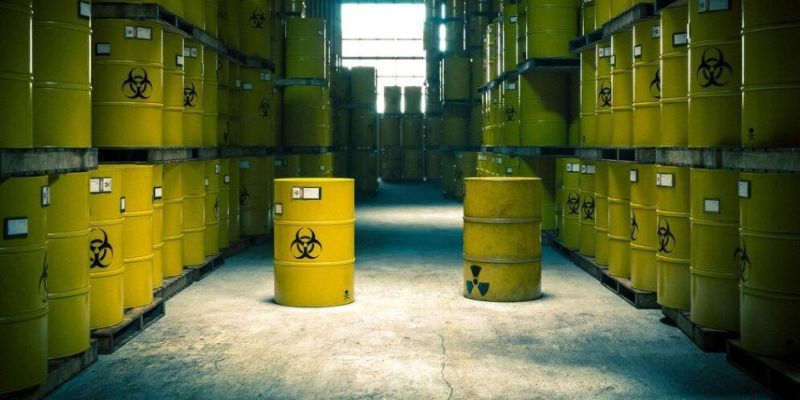
In addition to the potential health risks associated with nuclear waste disposal, there are also considerable financial costs associated with it.
The cost of disposing of nuclear waste can be quite high due to the need for special waste containment facilities and the stringent regulations that must be adhered to to safely store waste.
Furthermore, there are also costs associated with waste transportation and long-term storage as well. Depending on the size of the waste, these costs can add up quickly, making it important to consider all options before disposing of nuclear waste.
Nuclear Waste Recycling Techniques
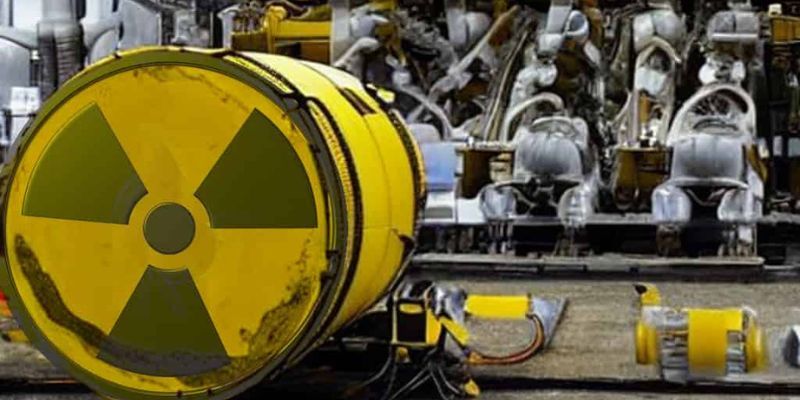
Although waste disposal is a costly endeavor, there are ways to reduce the costs associated with waste disposal by recycling some of the waste.
By recycling services, it is possible to reduce both the cost and environmental impact of waste disposal as well.
Nuclear waste can be recycled in several ways including:
- Separating radioactive materials from waste products
- Reusing waste in nuclear fuel cycles
- Reprocessing waste to make new materials
By recycling nuclear waste, it is possible to reduce the amount of waste that needs to be disposed of and lower the overall costs associated with waste disposal.
Recycling also helps minimize the environmental impact of waste by reducing waste production and waste transportation.
Conclusion
When getting rid of nuclear waste, address the problems that are associated with nuclear waste disposal sites. It requires a comprehensive approach and considers the dangers that are linked to improper disposal of waste. There are solutions available when dealing with nuclear waste and junk hauling.
If you have nuclear waste that needs to be disposed of, it is important to find a reliable waste disposal service.
Fall Line Reliable Services offers efficient and cost-effective cleanout services for both residential and commercial customers.
We understand the risks associated with nuclear waste disposal, which is why we use special protective gear when handling waste materials.
Our waste disposal services are designed to meet the most stringent waste disposal regulations, so you can rest assured that your waste will be handled safely and disposed of properly.
We even offer recycling services for waste materials such as metal and plastic, which helps reduce waste production and lower costs associated with waste disposal.
Call us today at (803) 599-4329, and allow our team to provide you with a clear, cost-effective solution guide for your junk removal services and nuclear waste disposal.
